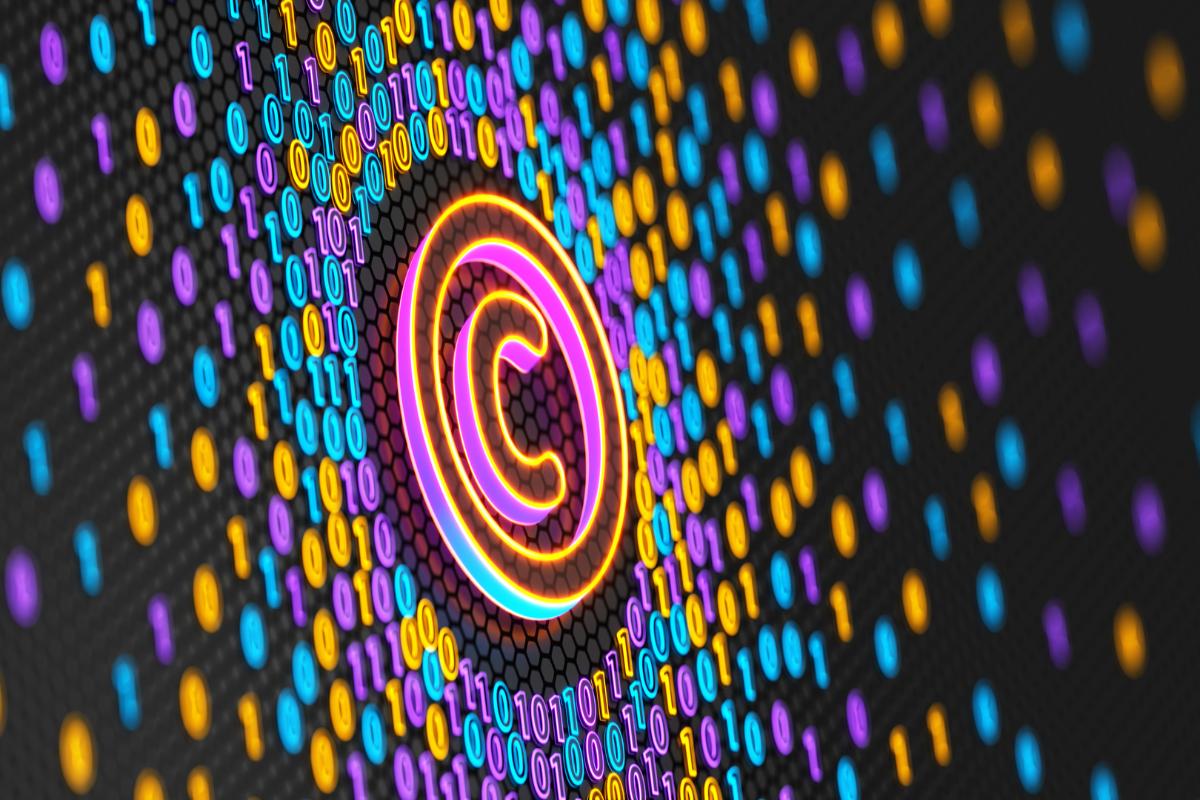
Securing copyright law protection is a critical first step in safeguarding your creative asset. Once your work is protected, you must be prepared to act if someone uses it without permission. Whether your work is a song, photograph, software program, or novel, understanding what types of property qualify for copyright protection—and how to defend those rights—is essential.
In this post, we’ll explore the categories of creative works covered under U.S. copyright law. You can contact a Miami copyright attorney at The Lomnitzer Firm P.A. to understand copyright law and how it applies to your situation.
Copyright is a type of intellectual property that protects various types of original works when their author fixes them in a tangible form of expression. According to the U.S. Copyright Office, works are “original” when a person independently creates them, using at least a minimal level of creativity; in other words, you cannot create an original work if you have copied it from someone else. Works are considered “fixed” when they are captured in a “sufficiently permanent medium,” or for more than a short period of time.
Various categories of creative work can be protected through copyright registration. The following is a list of major categories of works that you can protect under U.S. copyright law, and some examples of each type:
| · Literary works – Books, articles, poems, blog posts, and computer code | |
| · Musical works – Songs (music and lyrics) and sheet music | |
| · Dramatic works – Plays, screenplays, and scripts | |
| · Pantomimes & choreographic works – Dance routines and stage choreography | |
| · Pictorial, graphic & sculptural works – Paintings, drawings, photographs, and sculptures | |
| · Motion pictures & other audiovisual works – Films, TV shows, online videos, and video games | |
| · Sound recordings – Recorded performances, podcasts, audiobooks | |
| · Architectural works – Building designs, architectural plans |
Some things are not subject to copyright law because they are not creative. Titles, names, slogans, familiar symbols, listings of ingredients, and variations on lettering or coloring are not creative, and thus not copyrightable. Copyright only protects creative expression, not ideas, systems, methods, principles, or discoveries.
Under U.S. copyright law, you automatically have a copyright once you create and fix an original work. Copyright registration provides you with heightened protection, but it is not mandatory. However, copyright registration is necessary if you want or need to enforce your copyright through litigation. When you have a registered copyright, you can seek certain types of damages and attorney fees if someone infringes on your copyright by unlawfully using or copying your work. Finally, copyright registration puts the public on notice that you are claiming the legal protections of a copyright. Registration occurs through the U.S. Copyright Office.
Consider two questions: Did you create it yourself? And is it captured in a way that lasts for more than a short time? If the answer to both is yes, you likely have a work you can copyright. For example, a song you compose and record on your phone is protected the moment you hit “save.” But a tune you hum in your head without recording or writing down isn’t fixed, so it’s not yet protected. Copyright law focuses on protecting your unique expression—not the underlying idea—so even two works on the same topic can both be protected under copyright law if they’re expressed differently.
Copyright can apply to a surprisingly wide range of creative outputs, from novels and paintings to software code and architectural blueprints. The key is that the work must reflect some creative choices. On the flip side, purely factual or functional items—like a list of ingredients, a slogan, or a standard calendar layout—don’t qualify. If it’s more about conveying information or instructions than expressing creativity, it probably falls outside copyright protection.
Registration isn’t required to have copyright, but it’s often the difference between having rights in theory and being able to enforce them in practice. A registered copyright gives you access to stronger legal remedies, and it’s a prerequisite for filing an infringement lawsuit in the U.S. It also creates a public record of your claim, which can deter would-be infringers and make licensing or selling your work easier.
Understanding what types of property can be protected under copyright law is only the first step—enforcing those rights is just as important. If someone uses your work without permission, swift and strategic action can help safeguard your business, your brand, and your livelihood. The Lomnitzer Firm P.A. guides clients through every stage of the copyright registration process, as well as the enforcement process. To discuss your situation and explore your options, call (800) 853-9692 or contact us online to schedule a consultation with an experienced Fort Lauderdale copyright attorney.